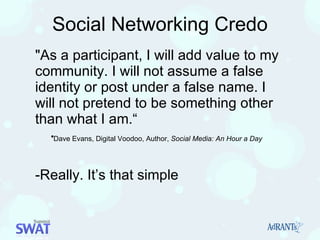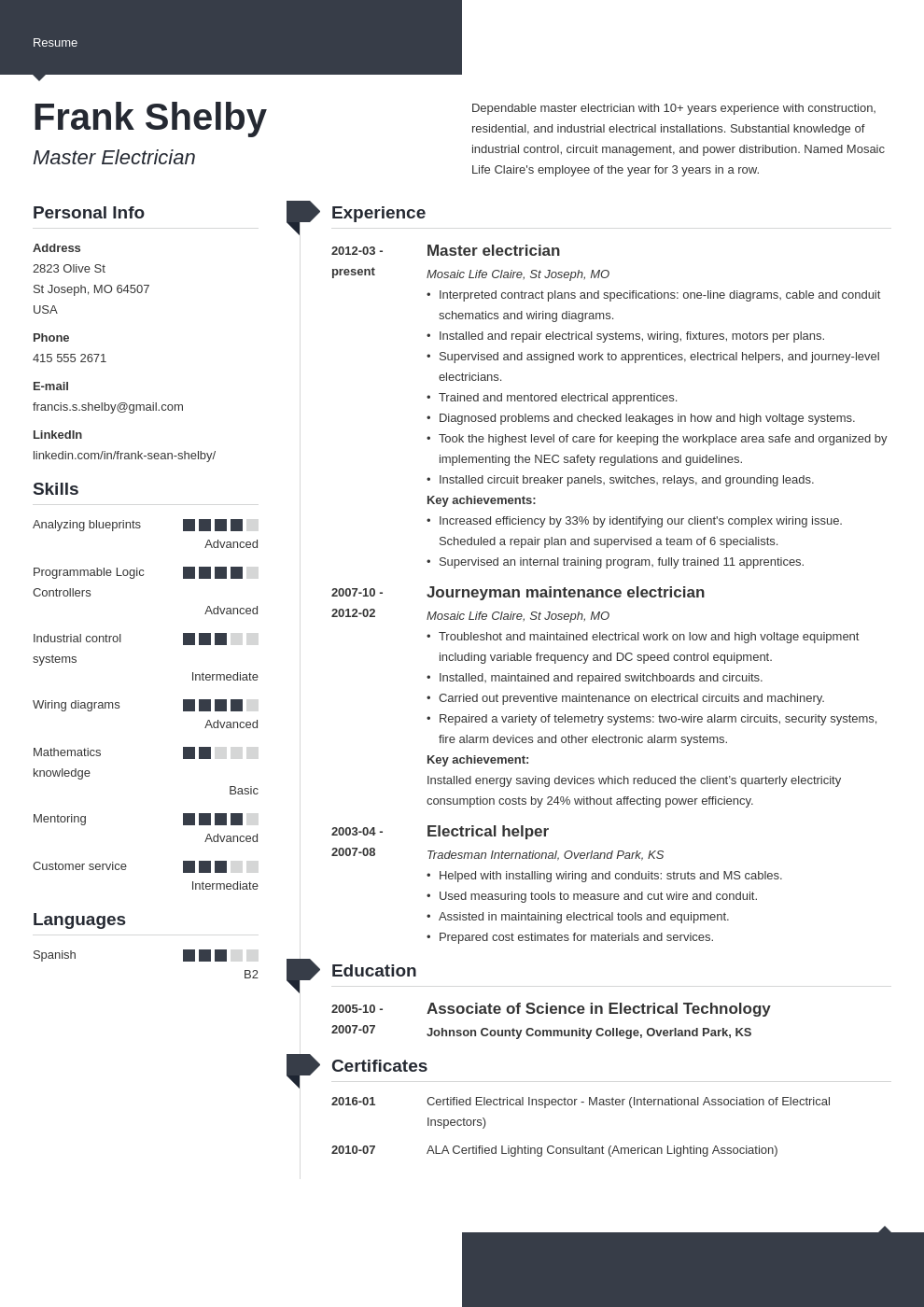

The contracts for goods and services will need to balance international trade agreement obligations and local interests. Procurement principles will be common while social procurement initiatives will support local strategies. The objectives for Toronto will be different from Vancouver, Edmonton, or Nunavut. Social procurement objectives are developed for the communities in which they serve. The pilot initiatives will be reported back in 2015. The policy is aimed at increasing employment through municipal opportunities and a more diverse work force. In 2012, their Council researched the need to increase access to local employment and training initiatives to advance economic and social development. The City of Toronto was one of the first to implement a Social Procurement Framework. The public sector needs to be more cognizant as to how its procurement strategies affect long-term value in society. SMEs are a part of the Canadian culture and social fabric. The unbundling of larger, multi-year agreements can be managed in the same way these low cost strategies were zealously pursued. The public sector procurement groups have enveloped themselves in legalese and intimidating procedural bureaucracies aimed at the lowest cost. However, there are many more options for the public sector procurement groups to exercise and affect the social and economic development within their mandates and support local enterprises.

There are many domestic and international trade agreements which appear to encumber their actions.

The public sector spends billions of dollars on goods and services each year. This is referred to as social procurement. Being that the public sector is taxpayer funded there is an added onus on this group to be developing new relationship models with social entrepreneurs and small medium enterprises (SMEs) through procurement policies and practice to affect social values. I will direct some comments at the public sector procurement groups. If we continue to trade and work with international organizations aimed at improving working conditions and protecting diversity we can ensure a sustainable future for business and beings. Where emerging markets and countries are “bending the rules” in terms of environmental and social rights, they too will eventually come around to more acceptable standards and practices. As a strategic core value, sustainable businesses will deliver on the expectations of society. It is imperative that sustainability and corporate social responsibility gain legitimacy in all business practices and operations. We don’t have another millennium to fritter away. We are going to make mistakes – but we have to learn from these mistakes. The paradoxes abound when we have to make compromises between what is good for the planet and what is good for our business or ourselves as individuals. There is a lot of ambiguity in what is the best decision. We are faced with choices that require judgments we have not been adequately prepared for. The progression of philosophical beliefs and values continues to cause reflection on how we conduct ourselves, treat animals, deal with the misfortunate in society, or consume resources. The same is true if we try to define democracy or human rights. The definitions which revolve around sustainability are many. Risk management is inherent in all decisions. Risk management is an important part of the sustainability equation but it is not new. But we are faced with more risks if we do not take an increased responsibility or our actions. Some products could turn out to be uncompetitive if they are expected to absorb their portion of emission overhead. This implies that the cost of goods sold has been undervalued where emission costs have not been internalized and included in the sale price. The thought of internalizing many of the costs associated with more sustainable operations will invite a level of risk. The new business model will absolutely challenge what has been the norm. The lifestyle costs of the developed world may be at the expense of the developing world. If we accept this posit, by extension, we must consider that the costs of the goods and services which derive from the current energy sources and resources have been under stated and will need to be revised. The true cost of producing and consuming energy has not been fully loaded. Supply chains should add value to society: the path to social procurement


 0 kommentar(er)
0 kommentar(er)
